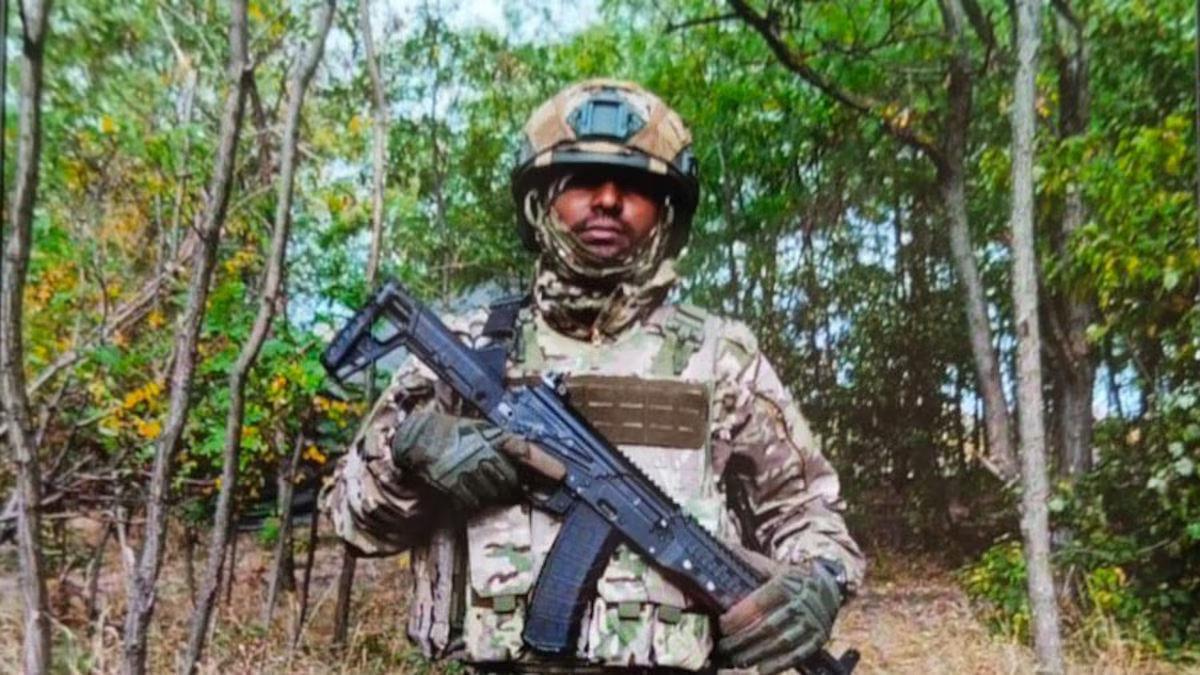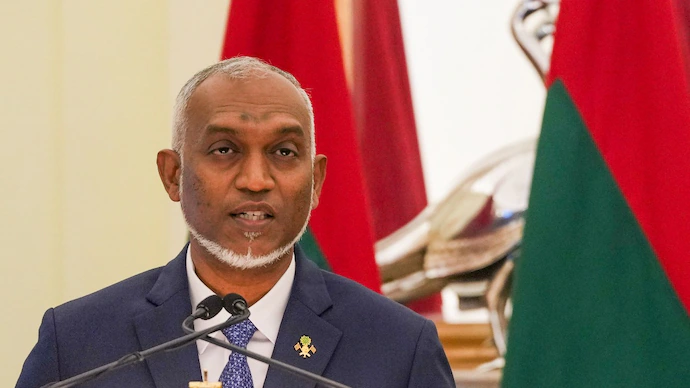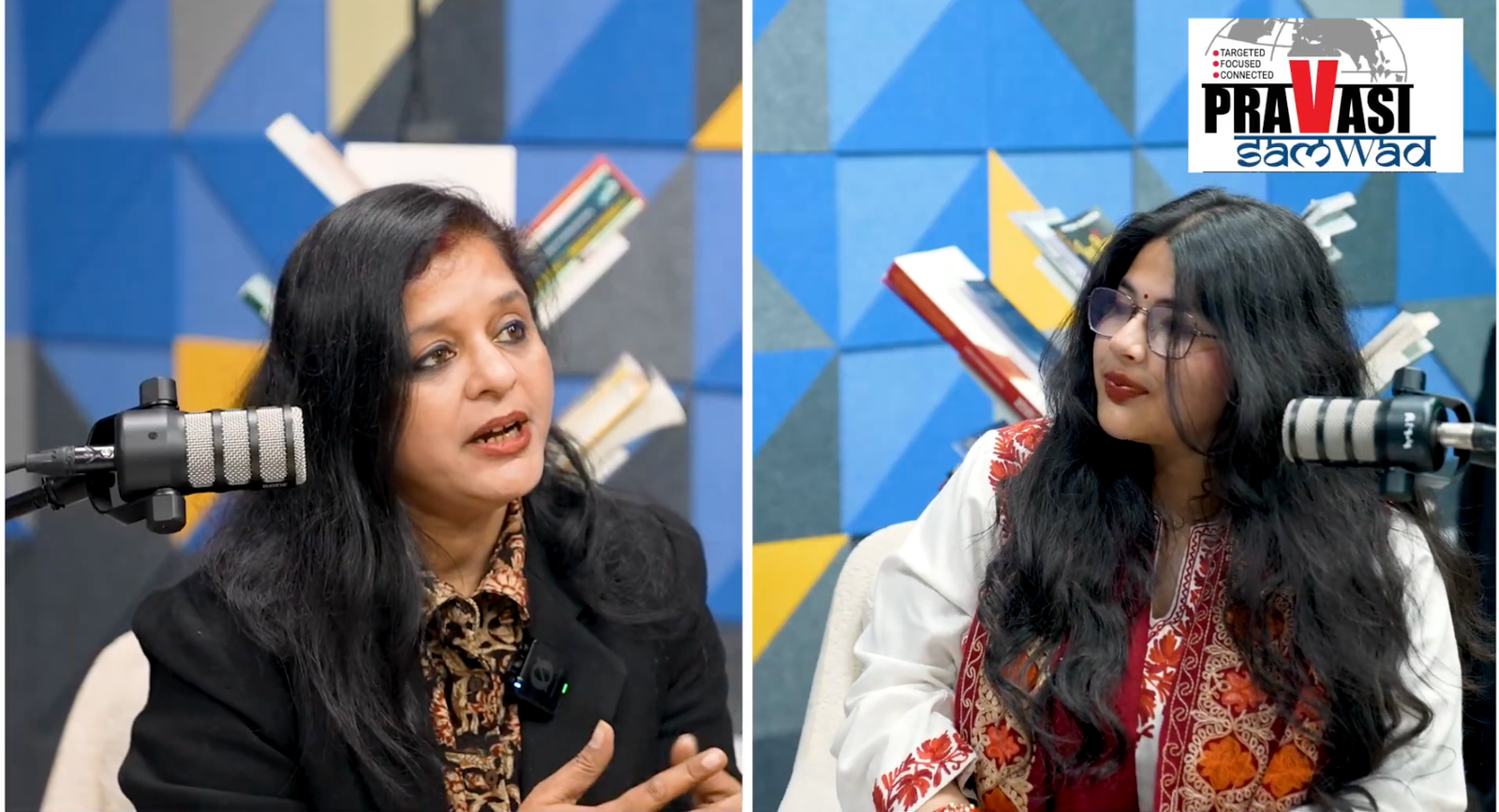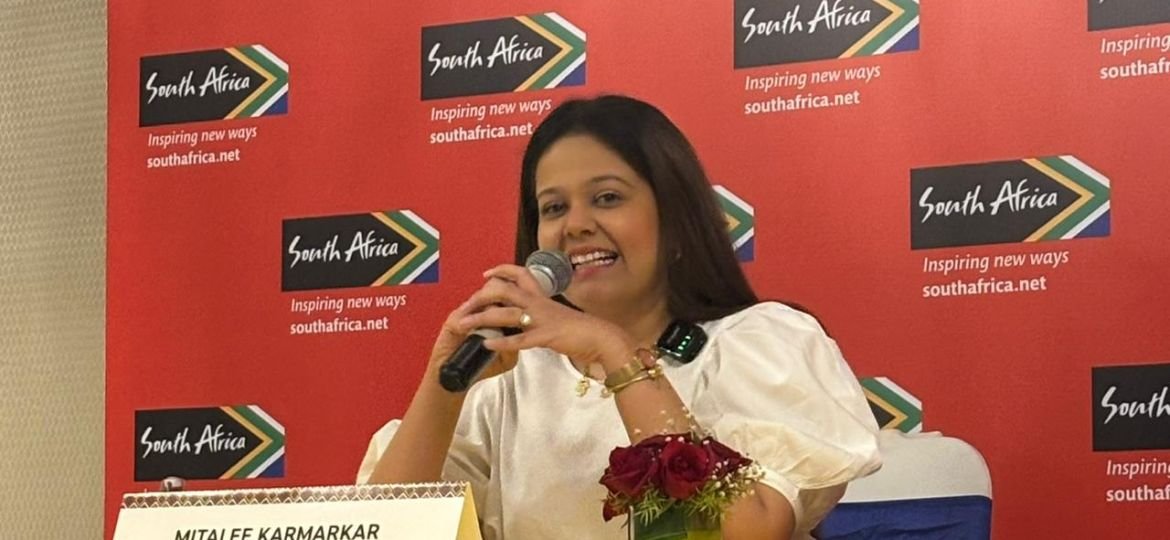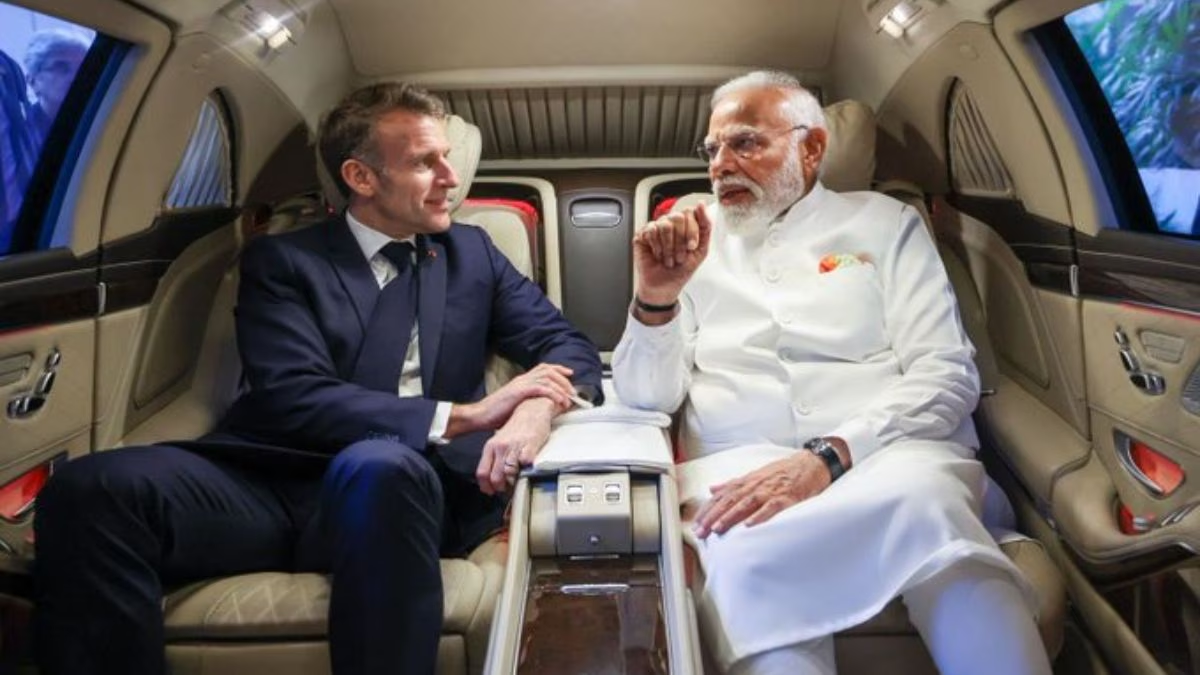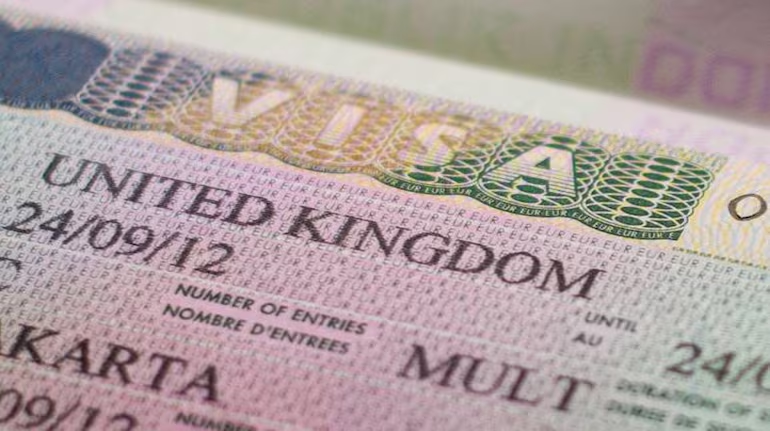* The withdrawal of the Naga skull from the auction is a small victory, but activists are pushing for the return of not only the Naga remains but all Indigenous human remains to their rightful homelands
* The incident has reignited the debate over the ethics of auctioning Indigenous artifacts and human remains, reminding the world of the deep scars left by colonialism
The auction of a 200-year-old Naga human skull by Swan Fine Art, a British auction house, has sparked widespread outrage in India, particularly in Nagaland. Activists, academics, and politicians have expressed strong opposition, calling the auction an extension of colonial violence, timesofindia.indiatimes.com reported.
The Naga human skull, believed to belong to a 19th-century ancestor, was withdrawn from the auction following public outcry.
Neiphiu Rio, Chief Minister of Nagaland, publicly condemned the auction, demanding the immediate return of the remains. In an open letter, he emphasized that human remains belong to the people and land from which they originate, underscoring the cultural and emotional significance of the skull to the Naga people. His call for repatriation was echoed by numerous activists who see the remains as symbols of the brutal colonial history in India.
Dolly Kikon, a Naga anthropologist and member of the Recover Restore and Decolonise (RRaD) group, strongly criticized the sale of Indigenous human remains in the 21st century. She argued that such auctions perpetuate colonial violence and racism, raising concerns over the lack of laws that protect Indigenous remains from being traded. Kikon pointed out that while animal trafficking is regulated, similar protections for human remains are often neglected.
-
The controversial auction also included human skulls from various parts of the world, including Africa, Asia, and South America
-
Some of the skulls from Africa, such as those from Congo and Benin, were listed with disturbing descriptions, such as “purported to be mother and son.”
-
The auction house had expected to raise around $180,000 from the sale of these remains
Among other questionable items were a “shrunken head” from the Jivaro people of Ecuador and Peru, previously displayed in the Playboy Mansion, and skulls from Papua New Guinea and Borneo. These items, sourced from private European collections, were listed alongside antiquarian books and taxidermy animals.
The Director of Oxford’s Pitt Rivers Museum, Laura Van Broekhoven, condemned the sale of Indigenous remains, calling it “completely unethical.” The Pitt Rivers Museum houses the largest Naga collection globally, and Van Broekhoven stressed the need for such items to be returned to their rightful communities.
Wati Aier, a Baptist priest and leader of the Forum for Naga Reconciliation, also called for the repatriation of all Indigenous remains from London to their native lands. He highlighted that during British colonial rule, the Nagas were wrongly labeled as “savages” and “headhunters,” offensive stereotypes that continue to fuel these auctions today.
***********************************************************
Readers
These are extraordinary times. All of us have to rely on high-impact, trustworthy journalism. And this is especially true of the Indian Diaspora. Members of the Indian community overseas cannot be fed with inaccurate news.
Pravasi Samwad is a venture that has no shareholders. It is the result of an impassioned initiative of a handful of Indian journalists spread around the world. We have taken a small step forward with the pledge to provide news with accuracy, free from political and commercial influence. Our aim is to keep you, our readers, informed about developments at ‘home’ and across the world that affect you.
Please help us to keep our journalism independent and free.
In these difficult times, running a news website requires finances. While every contribution, big or small, will make a difference, we request our readers to put us in touch with advertisers worldwide. It will be a great help.
For more information: pravasisamwad00@gmail.com



